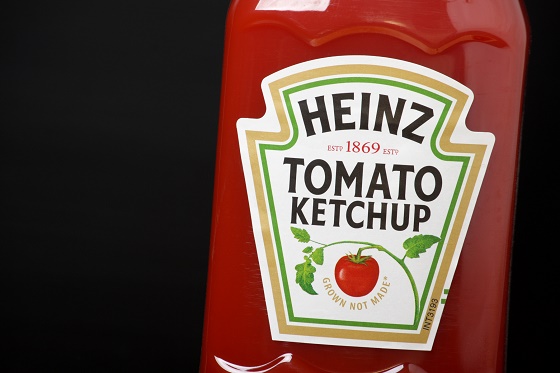Consumer law penalties are set to increase tenfold under legislation passed last week by Federal Parliament, while Heinz has been penalised $2.25 million for misleading consumers over baby food.
The penalty changes come as supermarkets across Australia have been in the spotlight for allegedly misleading consumers over the purity of their honey, as Viagogo this week is set to appear in court over consumer law breaches and as Heinz faces a $2.25 million fine for misleading claims.
The food production giant has been fined more than $2 million for misleading the public by claiming a range of toddler snacks were healthy, despite their high sugar content.
More than a week later ticket resale website Viagogo is to be taken to court by the Competition and Markets Authority after allegations the company misled customers on the availability of tickets.
The news come just over a week after legislation will see the maximum financial penalties under the Australian Consumer Law go from $1.1 million to $10 million for companies, three times the value of the benefit received or where this can’t be calculated, 10 per cent of annual turnover in the past 12 months.
Days after the new penalties were announced, the Federal Court ordered food giant Heinz pay penalties totalling $2.25 million for making a misleading health claim that its Little Kids Shredz products were healthy.
The new penalties will see individuals charged under the law increase from $220,000 to $500,000 per breach.
The ACCC welcomed legislation, passed last Thursday, to increase maximum financial penalties under the ACL.
“Companies will now face more serious financial consequences for breaching consumer law that align with competition law breaches,” ACCC Chair Rod Sims said.
“We have strongly advocated for higher maximum penalties to enable courts to impose more substantial penalties. Penalties need to hit the bottom line so they are not simply seen as the cost of doing business. Perhaps more important, penalties need to be high enough to be noticed by boards and senior managers so that compliance with the law is a higher priority. ”
“Increased penalties will help to deter large companies from breaching consumer laws. This is a profound change that I believe will improve corporate behaviour significantly, and so improve the Australian economy and how it works for consumers,” Mr Sims said.
The highest penalty the Federal Court has ordered for breaches of competition law is $46 million in an ACCC action against Yazaki.

